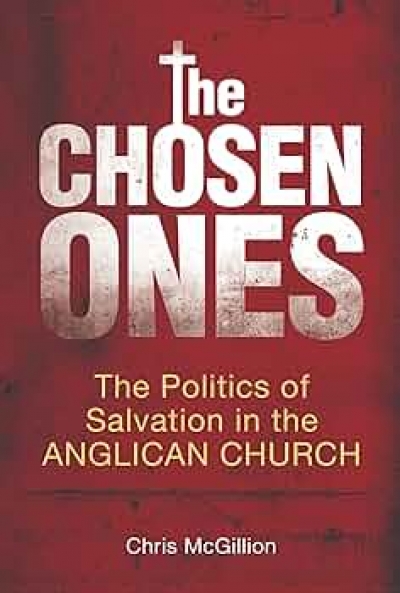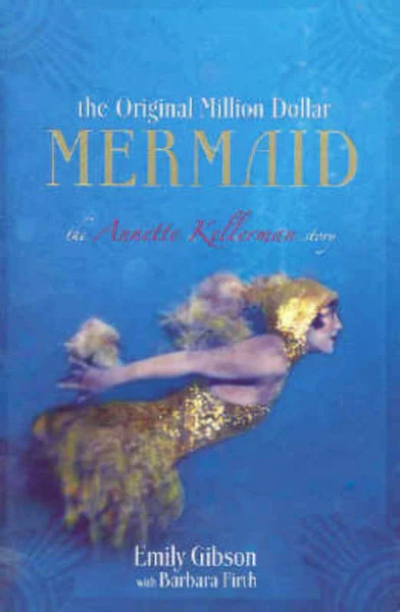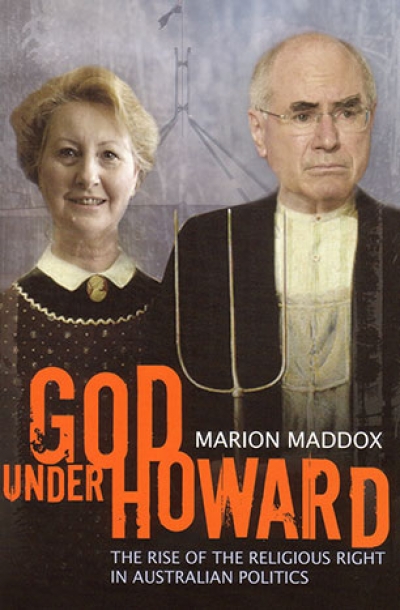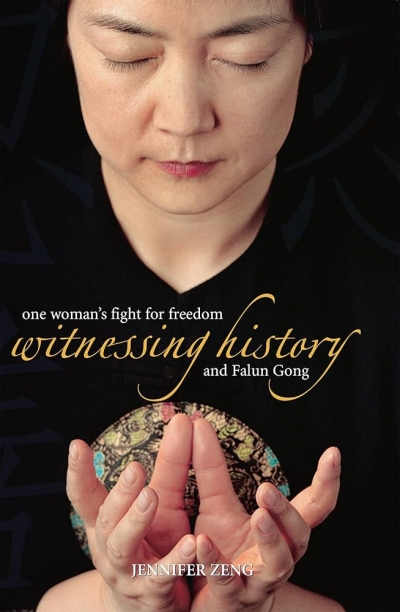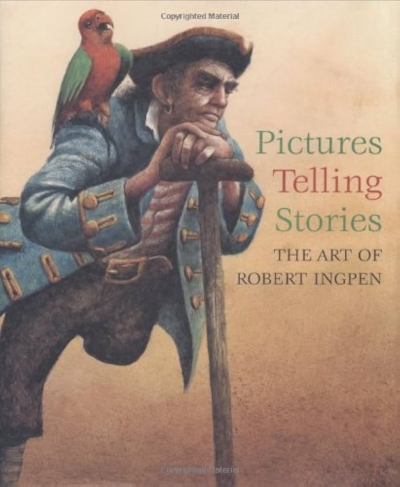Allen & Unwin
The Chosen Ones: The politics of salvation in the Anglican Church by Chris McGillion
by Ann-Marie Priest •
The Original Million Dollar Mermaid: The Annette Kellerman story by Emily Gibson (with Barbara Firth)
by Brian McFarlane •
God Under Howard: The rise of the religious right in Australian politics by Marion Maddox
by James Upcher •
The authors of these four books use a narrative device common to much fantasy fiction: the notion of quest. Sometimes that quest requires a physical journey, and sometimes it involves searching for something closer to home, but the very process is almost invariably life-changing for the characters involved.
... (read more)Witnessing History: One woman’s fight for freedom and Falun Gong by Jennifer Zeng
by Helene Chung Martin •
Pictures Telling Stories by Robert Ingpen and Sarah Mayor Cox & Illustrating Children's Books by Martin Salisbury
by Margaret Robson Kett •



